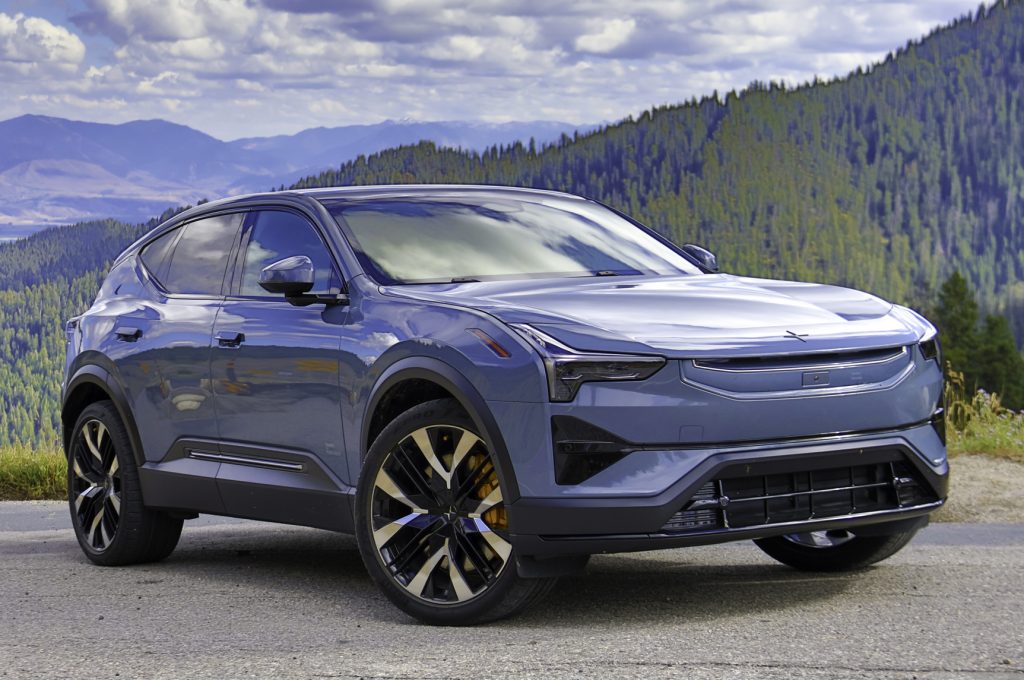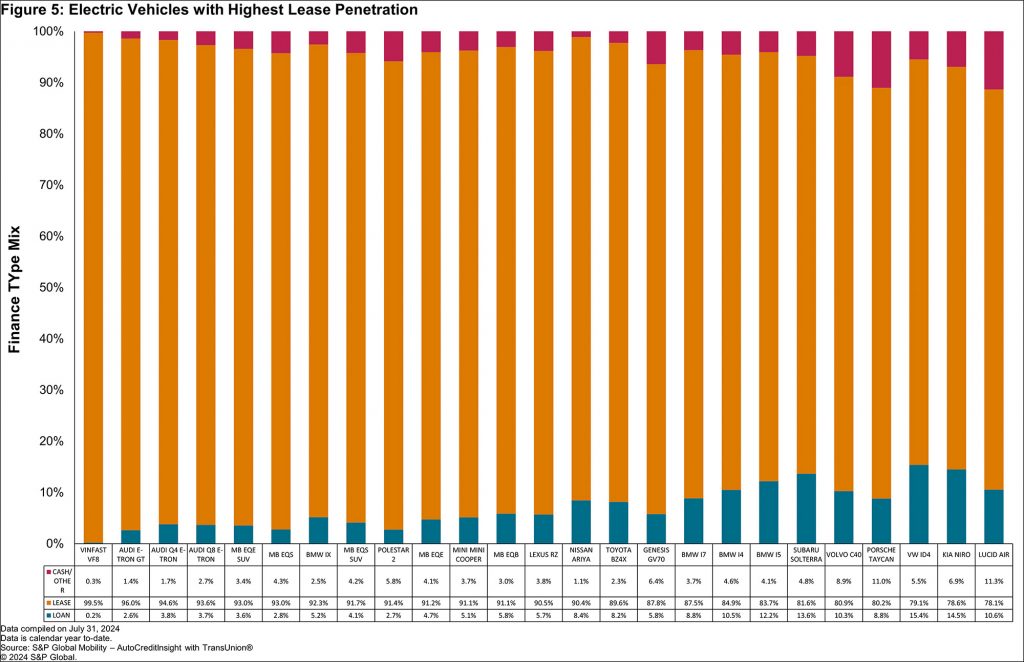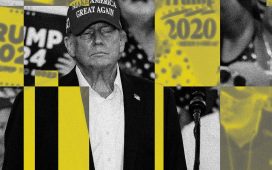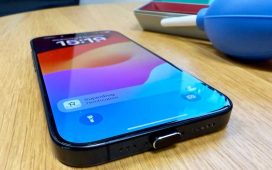If you get your US political news from The Morning Dump allow me to be the first to tell you that former President Donald Trump has been declared the winner of the Presidential election, Republicans have taken back the US Senate, and it’s possible Republicans narrowly retain the house (though it’ll be a while before anyone knows for sure). Also, if you get your US political news from The Morning Dump, that’s quite strange; maybe don’t do that.
I’m ill-equipped to help explain everything about last night, though it seems voters generally disapproved of the Biden Administration, its policies, and especially inflation. Americans clearly hate inflation. Which, I mean, I get.
![]()
I am, possibly, somewhat better equipped to make some guesses about the impact this could have on the automotive world. That’s worth talking about. We made the decision collectively and early on to not focus too much on politics around here unless it’s specifically related to cars (Kei trucks, IRA, et cetera) and that’ll be the plan going forward. The Autopian is a safe space.
This is going to be interesting as, more than anyone, automotive CEO Elon Musk has been behind the campaign and tied his future to it. If you feel some-kind-of-way about last night and don’t want to engage in a discussion about this you have my permission to skip this edition TMD. I was tempted to skip it, too.
Below will be my read on what could happen, with the major caveat that my ability to predict what will happen took a rather large hit last night (I really thought Ball State could defeat Miami of Ohio. Ball is in their name!). Oh, and some more Bolt recalls, just because.
Elon Musk’s Very Good Night
The future is gonna be fantastic pic.twitter.com/I46tFsHxs3
— Elon Musk (@elonmusk) November 6, 2024
Here’s something that’s difficult to square. President Trump has been averse to CO2 requirements for cars in the United States, but his biggest public backer runs Tesla, an electric car company with a pro-environment image. During the campaign, this resulted in some curious statements, with President-Elect Trump saying he actually did like electric cars, just not for everyone. [Ed Note: I was interviewed by the New York Times a few months ago about the Cybertruck, and part of our conversation discussed whether we think it’s actually a positive thing for EV adoption that Musk is conservative. Does he help change the image of EVs to those who typically are less open to driving them? It’s an interesting thought. -DT].
Musk’s Tesla benefits greatly from carbon tax credits (something run by the California Air Resource Board, not the EPA) and from Inflation Reduction Act tax credits for electric cars. If you’re an automaker who is expecting to get those credits is there a universe wherein Trump and Tesla conspire to make that harder?
It would likely require getting the House and Senate to amend the bill in order to get rid of the credit completely, but the Biden Administration did decide to interpret the rule to allow automakers to get the $7,500 tax credit for vehicles they leased. This tax credit is important to a lot of car companies that aren’t building electric cars in the U.S. yet or use battery technology that uses too many materials sourced from China. I’ve written about this before, but here’s a chart of non-Tesla automakers and the split between leasing and buying:
The orange there is leasing and it’s the biggest chunk of sales for a lot of automakers here. I’m not sure this is the first item on Musk/Trump’s list, but it’s now in play.
I think even more important for Tesla, and this may explain why the company’s stock started exploding last night in pre-market trading, is that Musk seems to at least think he’ll have a say in regulatory policy as the head of some sort of “government efficiency commission.” It’s not clear what that is, but I had a guess a couple of weeks ago related to the Cybercab:
The regulatory hurdles of getting these cars out there when Waymo has fewer than 1,000 cars seem so high to me, though this does support my theory that part of what Musk wants out of a Trump administration is the ability to release thousands of robotaxis. I can’t imagine the current government in Texas or a Trump admin stopping him.
So, there you go. When it comes to SpaceX and Tesla, as well as possibly other companies Musk owns, you can expect Musk to try to reduce as many obstacles in his path as possible. If Republicans win the House this could be even simpler for him. This could also extend to labor, the environment, the FCC, and who knows what else.
Chinese Automakers And Battery Companies Will Likely Get Hit Hard

Let’s start with the obvious one: Companies trying to sell cars in the United States that were built in China were already in trouble, and this is going to make it worse. Is there a future for Lotus in the United States? What about the MotorTrend SUV of the Year Lincoln Nautilus, which is built in China? Polestar and Volvo benefit from an obscure trade rule that allows them to offset imports with exports from their South Carolina facilities… for now.
That’s not all.
China’s CATL is the world’s largest battery maker and has been trying to get into the US via joint ventures with American companies. That feels more remote than ever and I’m not sure what this means for Ford’s proposed plant backed by CATL, but it doesn’t seem great? Here’s the take from Automotive News:
Trump might also implement trade actions that expand on President Joe Biden’s steep Chinese EV tariffs and proposed rulemaking restricting the import of Chinese connected-vehicle technology.
Analysts expect that the Trump administration will implement new tariffs on battery components and silicon providers, targeting Chinese imports. Trump could also expand the Uyghur Forced Labor Prevention Act by adding battery companies, including CATL, to the enforcement entity list.
While those actions are designed to undercut China’s manufacturing dominance, they might also punish American companies with higher costs for already pricey EV batteries — margins made thinner by an elimination of the EV tax credit.
Being an auto exec or even product planner in this environment is already difficult and it’s not going to get any easier anytime soon.
What’s Europe Going To Do?
Welp, this doesn’t unscrew Europe.
From Germany’s Manager Magazine:
The President of the Center for European Economic Research (ZEW), Achim Wambach , sees things similarly . “The election of Trump as President of the USA will probably lead to higher tariffs and lower taxes for companies in the United States,” Wambach told the Reuters news agency. In addition, American politics will focus even more on itself. “This increases the pressure on European companies to relocate their production to the USA.” Germany and the EU urgently need to strengthen their business locations. “Only a dynamic internal market can guarantee that we will not be crushed between the economic blocs of the USA and China ,” said Wambach.
Good luck doing that while also keeping jobs in Europe.
GM Recalls Some Bolts
As much as it might feel like things have changed this morning, at least there’s something we can all depend on: The Chevy Bolt being recalled.
General Motors must once again fix its Chevrolet Bolt electric vehicles because of fire risk.
The automaker had to recall 142,000 Bolts globally a few years ago because of the issue. On Tuesday, the National Highway Traffic Safety Administration posted a recall of 107 Chevrolet Bolt EVs and EUVs, which is an SUV-like styling of the vehicle, over a fire risk. This new recall covers model year 2020-22 Bolt vehicles that were previously repaired for such a risk.
In its post, NHTSA stated, “The installation of advanced diagnostic software may have failed. As such, the high voltage battery could catch fire when charged to full or nearly full capacity.”
Fun times.
What I’m Listening To This Morning
I don’t know why, but LCD Soundsystem’s “Sound of Silver” is playing right now. No message. Just a song.
The Big Question
In your mind, what does the auto industry look like in the next few years?












